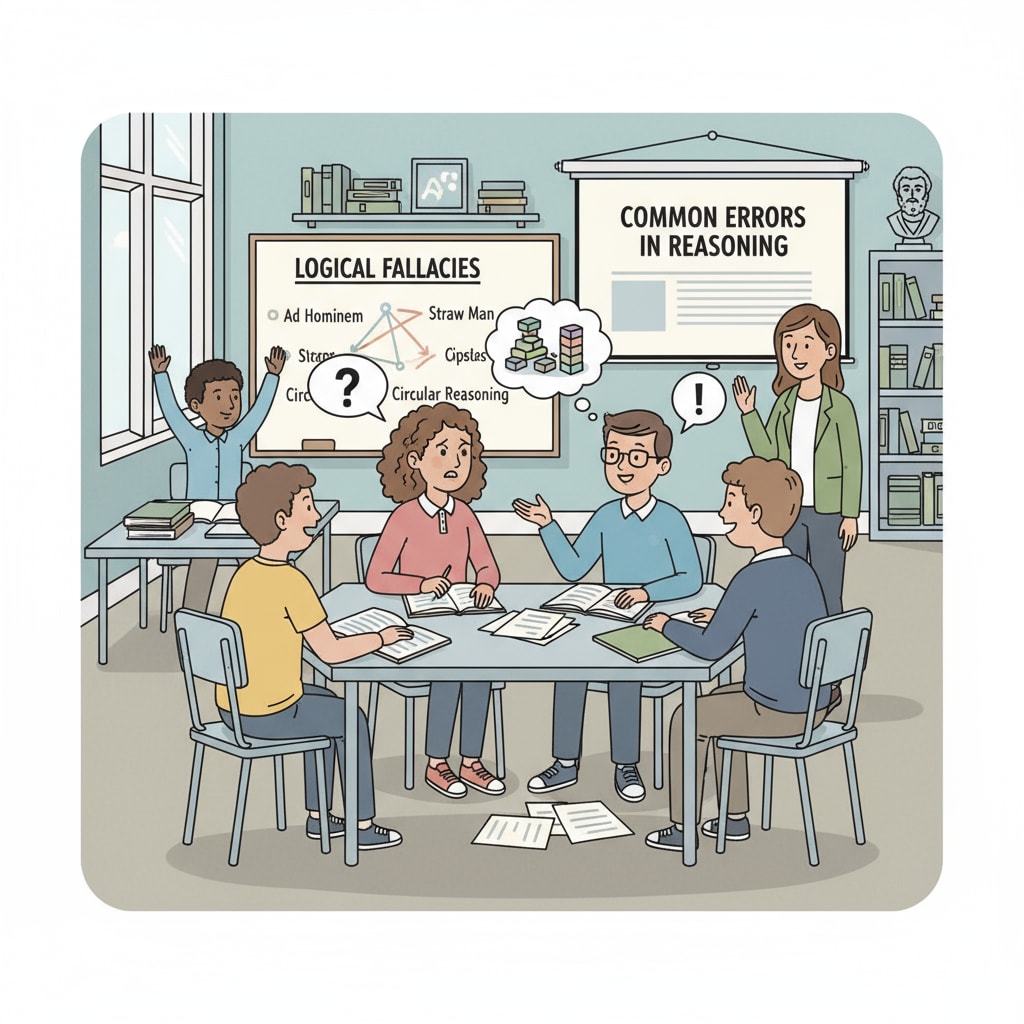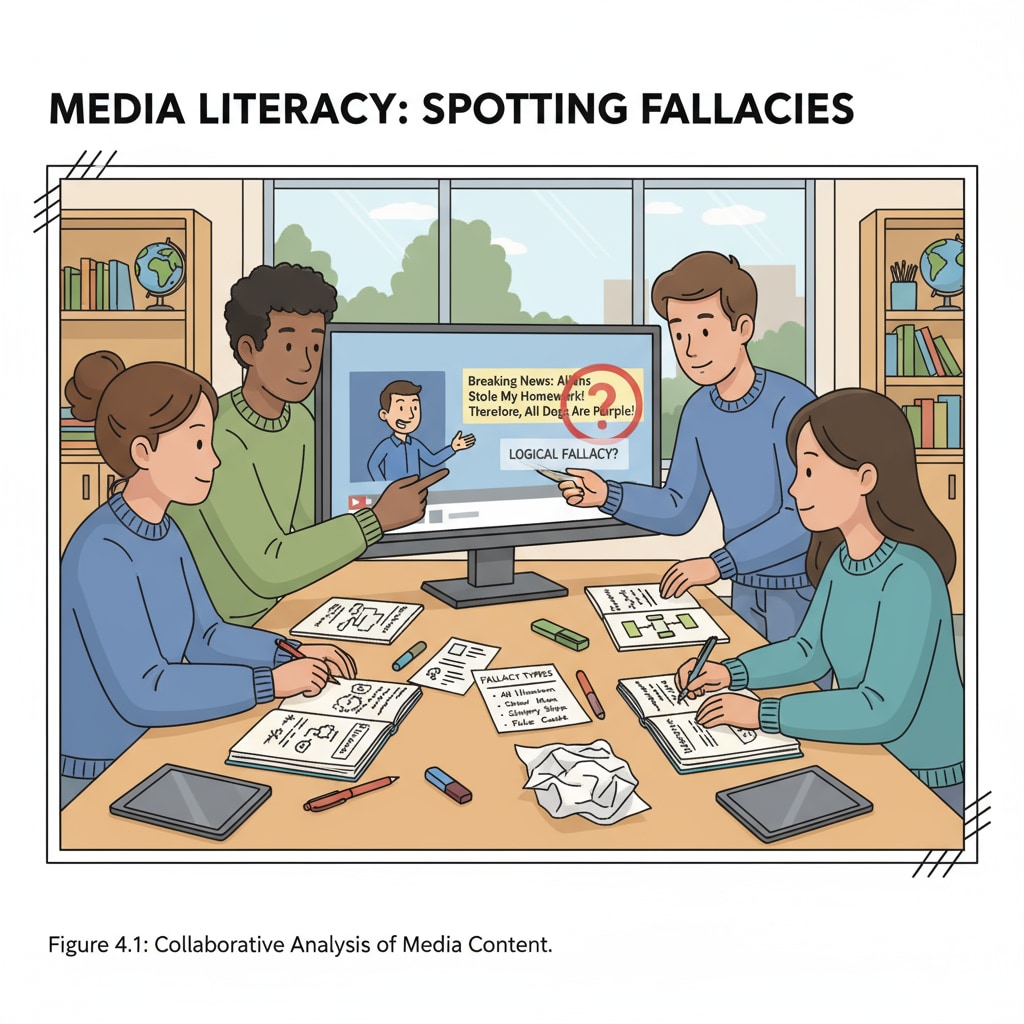In the age of information overload and opinion polarization, logical fallacies, critical thinking, and propaganda detection have become essential skills for high school students. As the amount of information available grows exponentially, it’s becoming increasingly challenging to distinguish between valid arguments and misleading claims. Therefore, integrating logic fallacy education into high school curricula is not just beneficial but necessary.

The Significance of Critical Thinking
Critical thinking is the cornerstone of a well-rounded education. When students learn about logical fallacies, they are better equipped to analyze arguments. For example, the ad hominem fallacy, where one attacks the person making an argument rather than the argument itself, can be easily recognized. According to Critical Thinking on Wikipedia, critical thinking involves evaluating information objectively. By understanding logical fallacies, students can break down complex issues, question assumptions, and form their own well-reasoned opinions. This ability will serve them well not only in their academic pursuits but also in their future careers and daily lives.
Enhancing Media Literacy
In the digital age, media is everywhere, and it’s filled with various forms of propaganda. Propaganda often uses logical fallacies to manipulate public opinion. For instance, the false dilemma fallacy, presenting only two extreme options when there are actually more, is commonly used in advertising and political campaigns. With logic fallacy education, students can become more media-savvy. They can understand Media Literacy on Britannica and identify when they are being influenced by false or misleading information. This awareness will protect them from being swayed by propaganda and enable them to make more informed decisions.

Preparing for the Role of Rational Citizens
In a democratic society, citizens are expected to participate in public discourse and make decisions that affect the community. Logic fallacy education helps students develop the skills needed to be rational citizens. When they can identify fallacies in political debates or public discussions, they can contribute more meaningfully. They will be less likely to be misled by false claims and more likely to advocate for sound policies. This is essential for the healthy functioning of a democratic society.
Readability guidance: Each section focuses on a key aspect of the importance of logic fallacy education. The use of examples and external links makes the content more accessible. Transition words like ‘therefore’, ‘for example’, and ‘in addition’ are used to enhance the flow of the text.


